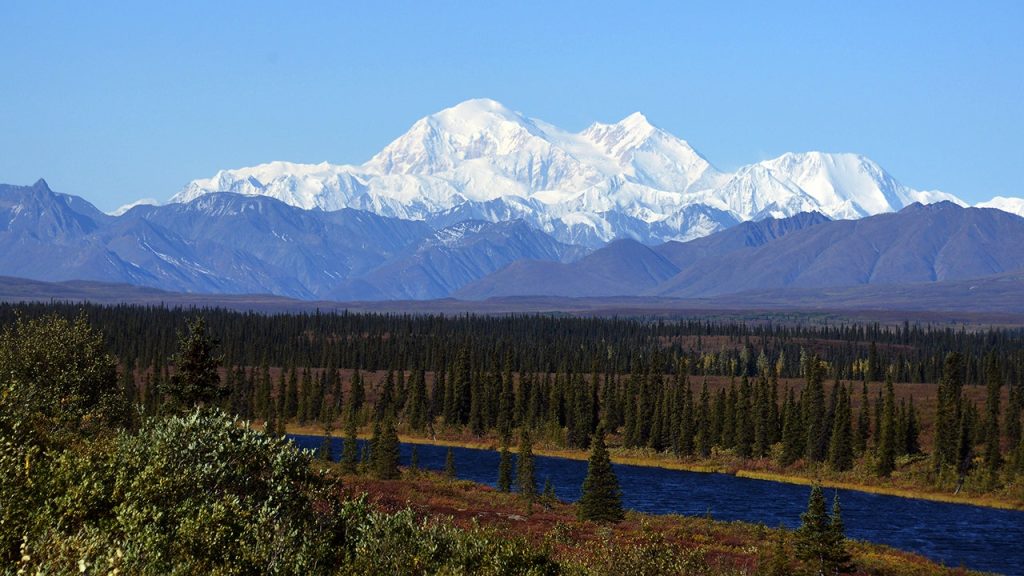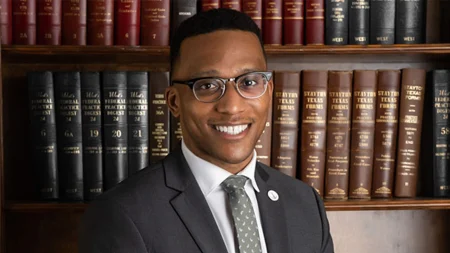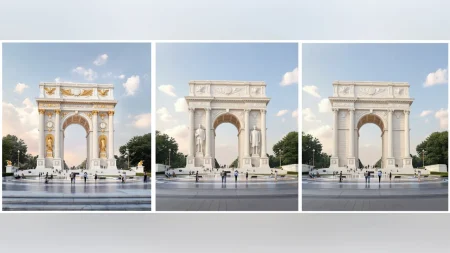The renaming of North America’s tallest peak has become a recurring point of contention in the American political landscape. Initially named Mount McKinley in 1896 by a gold prospector to honor the then-Republican presidential nominee, William McKinley, the mountain’s designation has been challenged by those who advocate for its traditional Koyukon Athabascan name, Denali, meaning “High One” or “Great One.” Former President Obama officially changed the name to Denali in 2015, a decision met with both applause and resistance. Former President Trump has repeatedly voiced his intention to revert the name back to Mount McKinley, viewing the change as an affront to the legacy of President McKinley and the state of Ohio, where McKinley was born and raised. This stance highlights the symbolic weight attached to the mountain’s name and its connection to both Alaskan Indigenous culture and American presidential history.
The debate surrounding the mountain’s name underscores the complex interplay between historical narratives, cultural identity, and political posturing. For many Alaskans, particularly Alaska Natives, Denali represents a deeply rooted connection to the land and their ancestral heritage. The name has been used for millennia by the Koyukon Athabascan people, reflecting their reverence for the mountain’s towering presence. Conversely, proponents of Mount McKinley see the name as a tribute to a significant figure in American history, President McKinley, who served from 1897 until his assassination in 1901. This perspective emphasizes the importance of honoring historical figures and preserving established traditions. The differing interpretations of the mountain’s name expose the inherent tension between acknowledging Indigenous heritage and commemorating historical figures within the American landscape.
The political dimension of the naming controversy is further amplified by the partisan divide between those supporting Denali and those favoring Mount McKinley. Former President Obama, a Democrat, formally recognized Denali, while former President Trump, a Republican, has pledged to reinstate Mount McKinley. This politicization of the name change transforms the issue into a symbolic battleground between political ideologies, overshadowing the cultural and historical significance of the mountain itself. The debate is not merely about a name; it becomes a proxy for broader discussions about Indigenous rights, historical memory, and the role of government in recognizing cultural heritage.
Alaskan political figures have largely expressed support for Denali, reflecting the widespread preference for the traditional name within the state. Senator Lisa Murkowski, a Republican, has openly opposed Trump’s intention to revert the name, emphasizing the long-standing use of Denali by Alaska Natives. Senator Dan Sullivan, also a Republican from Alaska, echoed this sentiment, highlighting the cultural significance of the name for the Athabascan people. This bipartisan support for Denali within Alaska underscores the importance of local perspectives in shaping decisions about cultural heritage and place names.
Ohio politicians, on the other hand, have historically held a different view, often advocating for retaining Mount McKinley to honor their native son. Former Representative Ralph Regula, a Republican from Ohio, actively worked to prevent the name change during his time in Congress, viewing it as an affront to President McKinley’s legacy. This position reflects a strong sense of regional pride and a desire to preserve the historical association between the mountain and a prominent Ohioan. While some Ohio officials have expressed understanding for the Alaskan perspective, the debate continues to reveal differing regional priorities and interpretations of historical significance.
The controversy surrounding the naming of North America’s tallest peak is more than a simple disagreement about nomenclature. It represents a complex intersection of cultural identity, historical memory, and political ideology. The competing narratives surrounding Denali and Mount McKinley highlight the ongoing struggle to reconcile Indigenous traditions with national narratives, and the role of government in recognizing and respecting cultural heritage. The debate serves as a microcosm of broader societal discussions about inclusivity, historical representation, and the power of language to shape our understanding of the world around us. As the debate continues, it underscores the importance of finding a balance between honoring historical figures and recognizing the enduring legacy of Indigenous cultures.















